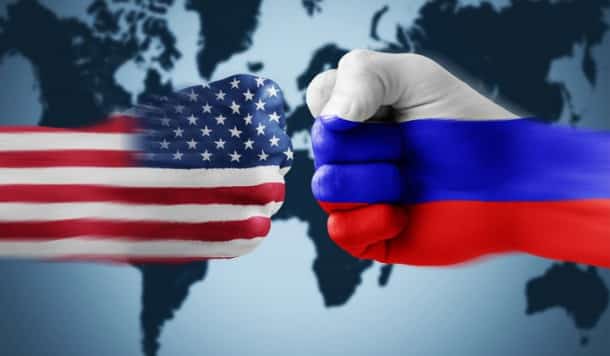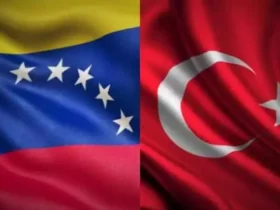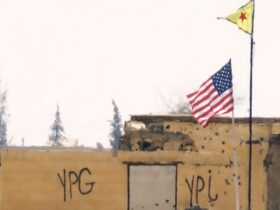What if the war in Ukraine lasts 100 years.
By Dave Green
Last time, we discussed the possibility of a new Hundred Years’ War in Europe, which could occur if Russia and Ukraine were unable to resolve their differences. This time, we would like to explore some of the potential consequences of such a scenario.
1. We all die before the war ends.
The most obvious consequence of being at the early stages of a prolonged conflict is that not everyone will live to see its end. In this scenario, only a few with exceptional longevity will be able to witness the entire course of events. These individuals are currently under 5 years old.
2. The Peace Treaty will be signed by leaders who were born after the year 2050.
The Hundred Years’ War implies that there will be few generations of leaders who will govern during the conflict. It also suggests that the leaders who end the war have not yet been born, and even their parents might not exist yet. Given this scenario, every rational leader should consider the loyalty of future generations to the current war strategy, which was implemented years or decades ago.3
3. Combatants and their neighbors will be affected by new political forces with military backgrounds.
An unexpected consequence of the conflict is that, in both combatants and possibly some neighbors, the caste system may be restored, with only kshatriyas being appointed to the highest political positions. Every leader should consider that future generations must not abandon the achievements of war and believe in victory. Therefore, only those with a military background will be appointed. We can see the beginning of this happening in Russia today.
4. The roots of the armed conflict will be forgotten long before the war ends.
For the majority of people around the world, the causes of conflict remain hidden. And these causes will continue to be hidden for future generations, as the reason for continued war will be the very nature of war. After all, how can we expect to live without war if it is part of our human nature considering our military backgrounds?
5. Both countries, mainly Ukraine, will permanently lose a significant share of their citizens.
Who can believe that millions of Ukrainians who have fled their country will soon return? To be honest, there is a small chance. Even a smaller chance that their children will speak Ukrainian fluently, while living in, for example, Germany. Of course, some will. But most will simply assimilate into the new environment. The same may be said of Russia, but on a smaller scale.
6. Ukraine will be directly ruled by Western countries.
Now, we observe that Ukraine is governed by its own people. However, financial power lies with the West, which heavily subsidizes the government. We predict that in one or two decades, this financial power will smoothly transform into political power. And we will see a clear, rather than hidden, external administration in Ukraine.
7. The current occupied territories of Ukraine will be lost for a long time, if not forever.
As we mentioned earlier, people will soon forget about the origins of the conflict, and the affiliation of the occupied territories will be forgotten as well. The further the war continues, the more countries will simply refer to the Donetsk and Luhansk regions as part of Russia.
8. Most Russians will no longer be interested in the Western world.
As we mentioned in the previous article, ordinary Russians simply hate the West because of the deaths of their peers caused by Western weapons. The Russian elite will soon be more interested in the East, as they understand how to make money and develop there. And only few French and Italian premium wines on store shelves will be reminding them of the old days, when it took only 3-4 hours to get to Rome or Paris.
9. Russian and Ukrainian speakers will find it difficult to understand each other, even in a simple conversation.
The Russian-Ukrainian relations are on the brink of breaking down totally. While there is still some communication between separated families, what about future generations? We firmly believe that they will not have the same friendly relationship, as it is difficult to meet in person. Languages will evolve separately, and without stable communication, these two nations may find it challenging to understand each other within a decade or two, without an interpreter. This could be a great tragedy for people who have lived together for centuries.
10. The Russian market will be lost to Western countries for centuries.
Do we really need to comment on this, while Western companies are trying so hard to leave the Russian market? The road back will not be easy or pleasant, as competition will only increase.
















Leave a Reply